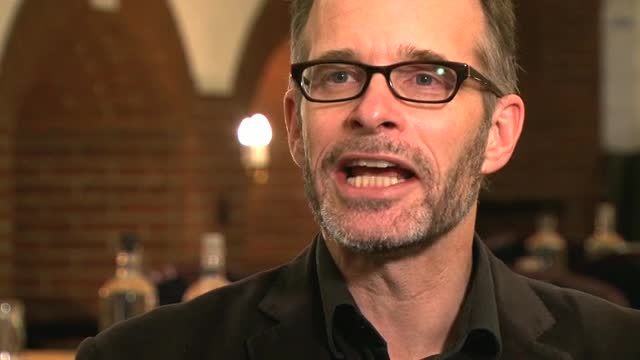
I've been in genetic technologies for most of my adult life. I just loved DNA, I thought it was so cool. But I came at it with a very different perspective. I looked at cells as computers and DNA as software. Partly that's because I was one of the generation that adopted computers when they became personal. It just seemed like a really good analogy and it shaped a lot of my career. I ended up going in and studying bioinformatics and really doing a lot of the first digitization of DNA analysis.
That being said, most of the work that was done in the early days, the Human Genome Project, bioinformatics, systems biology, that was reading and comprehension of code that was already written by nature. Really, we're just going and reading the book. We only become as gods when we get to write code and build applications. If you look at the current groups that do that, it's still very limited. It's called biotech, essentially the biotech industry.
The companies that have gone and done this are pretty limited. Large plants groups, like Monsanto, drug companies that have gone and made medicines for everything from human insulin or human growth hormone, various hormones... These are the first generation biotech companies. But what's really pushing it into the forefront now is that we've got machines that print DNA, which is remarkable. We can now literally go from a digital file to printing the DNA molecule, being able to put that into cells and make the cells dance according to those instructions. We're still at very early days of that, but it's a technology that, like computers, doubles very quickly, and so the next decade is extremely promising.
